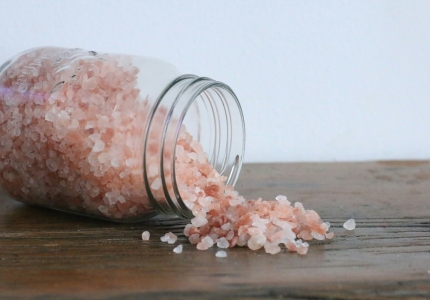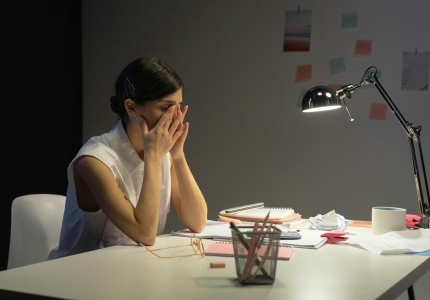Sleep is essential to your well-being. You need sleep to be alert, think clearly and avail of all your energy and strength, as well as to avoid getting sick and as an integral part of your beauty routine.
Do you feel like you might need some more shut-eye? Here are a few ways to make sure you’re getting enough hours of sweet dreams:
1. Follow a sleep routine
While you don’t need to fall asleep at the exact same time every day, sticking to a routine helps your body settle into dreamland regularly. You will also burn energy more efficiently if your body knows what to do when. The weight gain and insomnia associated with lack of sleep happen because your body is kept guessing.
Action:Set an alarm. When it goes off, you know it’s time to start your night routine.
2. The bed is for sleeping
Our bodies are part of the physical world and they respond to their surroundings. If you lie down to work, eat or whatever else in bed, your body will get used to that posture and environment and bed won’t be a cue for sleep anymore.
Action: If you’re awake, get up. Want to be comfy during waking hours? Go to the couch. Reserve the bed for sleep and other relaxation-inducing activities.
3. Exercise more
When the kids run around outside, they eventually get calmer and become tired later, right? Your body is no different; if you don’t use it, it will keep on going and going... However, exercise doesn’t just use up energy. It also gives your muscles a workout, meaning they’ll want recovery time later.
Action: Make sure you spend at least 30 minutes per day doing moderate physical activities. Get creative—play hide-and-go-seek with the kids, start a roller hockey team or a walking club, garden…
4. Be careful with caffeine
Caffeine will take your body on a roller coaster ride, complete with high-energy peaks and subsequent crashes. It takes a long time to get the stuff out of your system too, which can really mess with your sleep cycle. Whether it’s coffee, tea, chocolate, soft drinks or energy drinks, be aware of when you’re indulging and the long-term effect that has on your body.
Action: Stay away from coffee and energy drinks in the afternoon. If you really need a pick-me-up, choose something light and limit your intake: consider or a small green tea or a small chocolate.
NOTE: Be especially careful with alcohol, which is disastrous for sleep cycles and quality. Just ask anyone who has ever had a hangover.
Even better, if you’re just a little bit tired, drink some water, take a walk around the block or stretch. As little as five to fifteen minutes of meditation can be a very effective and healthy refresher.
5. Relax before going to bed
Get your body into sleep mode by incorporating downtime before you actually want to go to bed.
For example, when our eyes receive light, they get the message “stay awake”. When you’re pumping iron (and adrenaline), that’s the opposite of “rest now”. The stress of frantically looking up things for work the next day is no way to invite sleep, either.
Action: Avoid working out right before bedtime, turn off ALL those electronic devices, and put away the work until you’ve had some rest. You don’t give your best when you’re tired anyway.
Instead, read a book, close your eyes and listen to a relaxation podcast, enjoy pleasant conversation or other relaxation-inducing activities.
6. Don’t push yourself
If you’re not falling asleep, don’t force yourself to stay in bed. Just like tip number two said, the bed is for sleeping, so go somewhere else for a while. You’ll come back when your body is ready.
Action: Don’t force it. Read a book, do some light crafts or listen to relaxing music on the sofa. Keep those cell phones, computer and TV screens turned off because they emit exactly the kind of light that keeps your body awake.
7. Take care of the environment
Getting more rest can also mean saving energy! Beyond turning off lights, consider turning off the heat or switching from A/C to fans when you’re ready for bed. You’ll have a cooler room—which they say is better for sleeping—and without the underlying electronic hum.
Turning off those devices also helps lengthen their useful lives, meaning more money in your pocket, a small contribution to sustaining the planet and better sleep for you.
Action: Walk through the house and shut things down on your way to the bedroom to save money and energy while you sleep.
Keep on reading 5 relaxation techniques.



